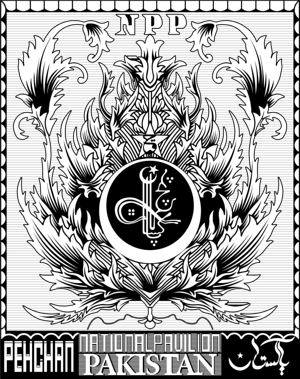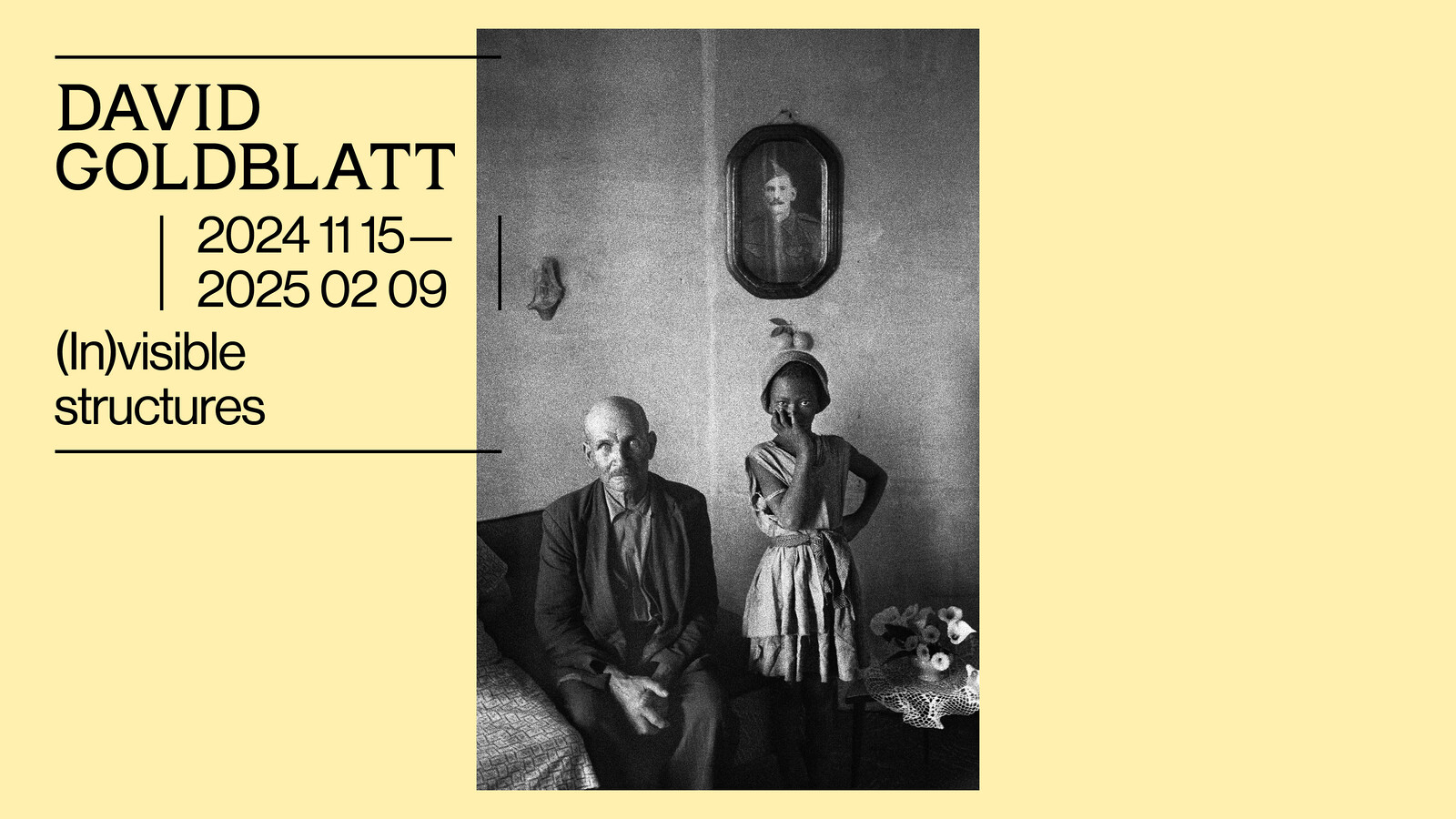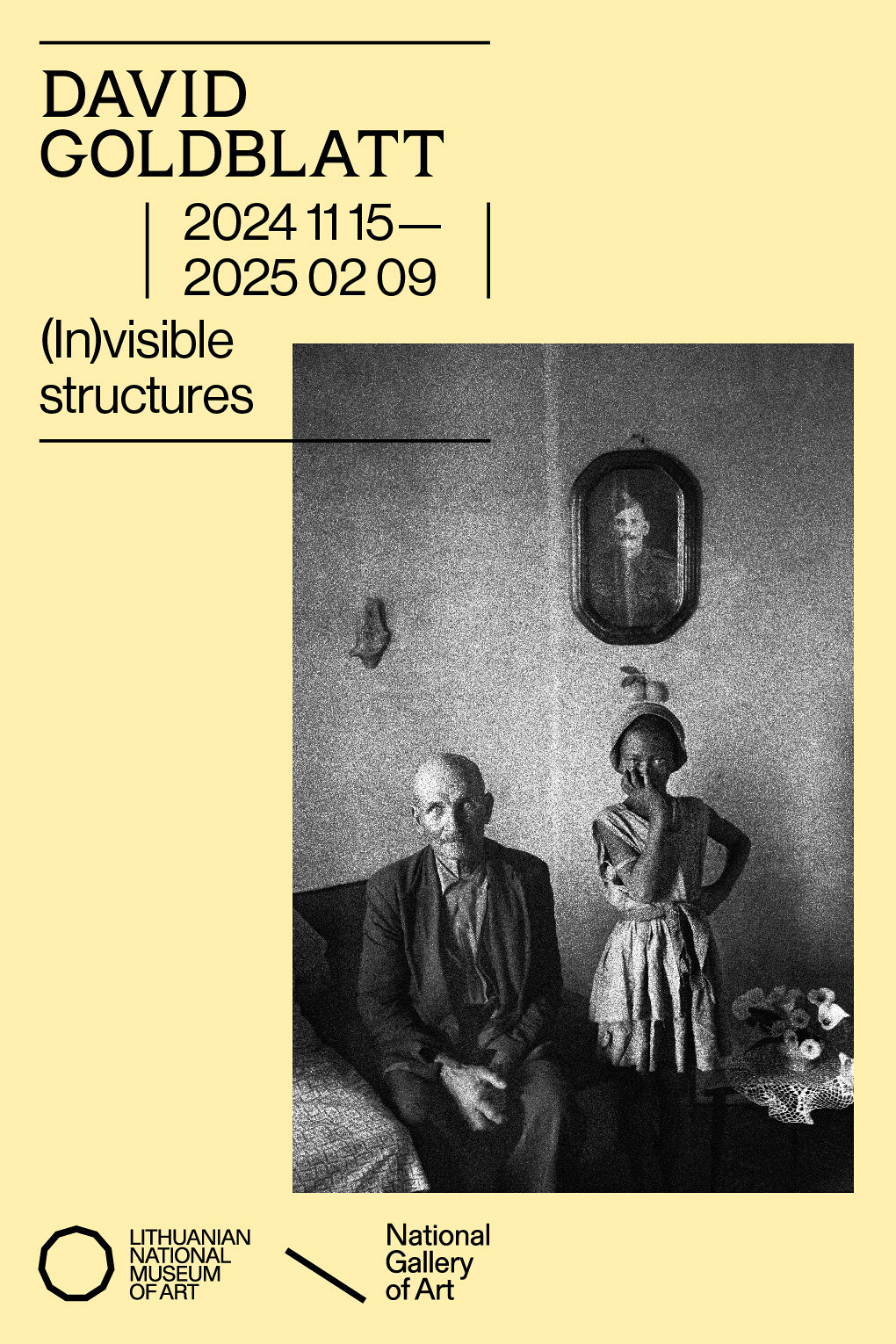National Pavilion of Pakistan at the Venice Biennale
May 22–November 21, 2021
The National Pavilion of Pakistan will present Mapping Festivities at the 17th International Venice Architecture Biennale.
“Mapping Festivities explores the many dimensions of weddings in Pakistan, as festive events, saturated expression of cultural traditions, and institutions driving impact at social and urban scales. We investigate the shaadi hall (wedding hall), a unique architectural typology, born out of post-partition Pakistan through interventions to the colonial domestic villa project. Our research dissects the Pakistani wedding as a cultural tradition that activates a rich fabric of industries at a micro and macro scale.
Mapping Festivities operates at the scale of the city, of human experience, and the wedding venue. Weddings create a spatial network, bringing together individuals from diverse contexts across all classes of society. Acting as ‘connective urban and territorial tissue’ these festivities are in fact systems that ‘allow us to live together.’ They open an egalitarian space for people from different industries and social classes to coexist. Our project reveals the complex community that builds the underlying infrastructure of wedding festivities: a community of the architects, construction workers, designers, caterers, photographers, technicians, craft workers/tailors, makeup artists, and performers. The ordinary citizens that become purveyors of ‘extraordinary’ festive dreams that are materialized through the city and its people.
Pakistan’s largest and most populated city, Karachi is the country’s premier industrial and financial center. Also known as the ‘City of Lights’ and ‘The Bride of the Cities,’ an ethnically and linguistically diverse metropolis of over 20 million people, Karachi continues to draw people from all over Pakistan in search of employment opportunities and improved livelihoods. It is believed that about 90% of the population are migrants from diverse backgrounds.
Mapping Festivities studies the explicit typology of the wedding venue as a site for cultural production. The Shaadi Hall first appeared in the early 1980s to address the needs of the fast-growing immigrant population of Karachi. Residential villas were transformed into designated spaces for weddings through interventions of billboard-inspired entrance façades. These façades, physically and metaphorically, create a permeable boundary between the space of the city and a ‘new’ space for ‘performance.’
One of our main aims was to use Mapping Festivities as a vehicle to catalyze urban research and data collection at a city-wide scale. The first step was to build an exceptional team of Pakistani academics and researchers. The second goal was to ‘engage, empower and elevate’ students by immersing them in their own city through the research project, and then collecting and visualizing data in a way that can communicate to an international audience at an exhibition like the Architecture Biennale. We established a partnership with Habib University, one of the leading liberal arts universities in Karachi where our curatorial theme was the generator for a course taught at the University and introduced as a research program at their Playground research lab. Students from other universities in the city have also contributed significantly to site documentation and analysis.” —Sara M. Anwar, Curator
“The multi-dimensional research-intensive project visualizes oral histories and spatial narratives, revealing an urban palimpsest. The online portal articulates performance at the scale of the city, the street and the wedding hall through a common notational language, qualitative mapping of supply chain networks and community rituals, architectural documentation and visual archives that best encapsulate the diversity and dependencies of spaces, customs and communities, embedded within society.” —Madeeha Yasin Merchant, Research Director
The Pakistan Council of Architects and Town Planners (PCATP), the commissioning body for the Biennale Architettura has officially appointed Sara M. Anwar as Curator in collaboration with Madeeha Yasin Merchant as Research Director and Farhan Anwar as Lead Researcher for the National Pavilion of Pakistan; Architect Rashid Rasheed and Antidote art.design (Najeh Ahmed and Laure Parise) as organizers/coordinators. The team is the first Biennale participation from Pakistan to receive an invitation to the “Aiwan-e-Sadr” (Presidential House) to call on the President of Pakistan to present the project.
The project will be on display at Palazzo Mora in Venice and will be launched on the National Pavilion Pakistan website. Given the travel restrictions worldwide, the website will allow the project to be viewed world over as a window to the National Pavilion of Pakistan at the Biennale Architettura 2021.
Core team:*
Commissioner: Kalim A. Siddiqui, Pakistan Council of Architects and Town Planners
Curator: Sara M. Anwar
Research Director: Madeeha Yasin Merchant
Lead Researcher: Farhan Anwar
Organizers/Coordinators: Laure Parise, Najeh Zimmerman (Antidote art.design) & Rashid Rasheed, architect
Other team members:
Research Partner: Habib University
Exhibitors: Sara M. Anwar, Madeeha Yasin Merchant, Farhan Anwar, Shama Dossa, Hira Zuberi
Editorial support: Andrea Simitch (Chair of the Department of Architecture at Cornell University) and Eric Baldwin
*We kindly request that all members of the Pakistani Pavilion core team be mentioned in any publication.







